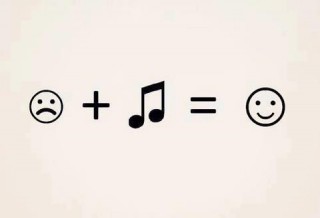Communicating food and meals by photos in web 2.0 (part 1)
Why do so any people take photos of their meals? And post them even while eating?
This phenomena is so common that most of us don`t these questions. Let me take some time to think about it and share my ideas. The German professor Eva Barlösius just published a book, called „sociology of meals / eating“. The conclusions of her study convinced me at once. Here is a very brief summary, in order not to disturb you while eating. J
- Since centuries already it is common that people present their meals. Nowadays via photo. Years or ages ago via paintings. You will find, ……………







